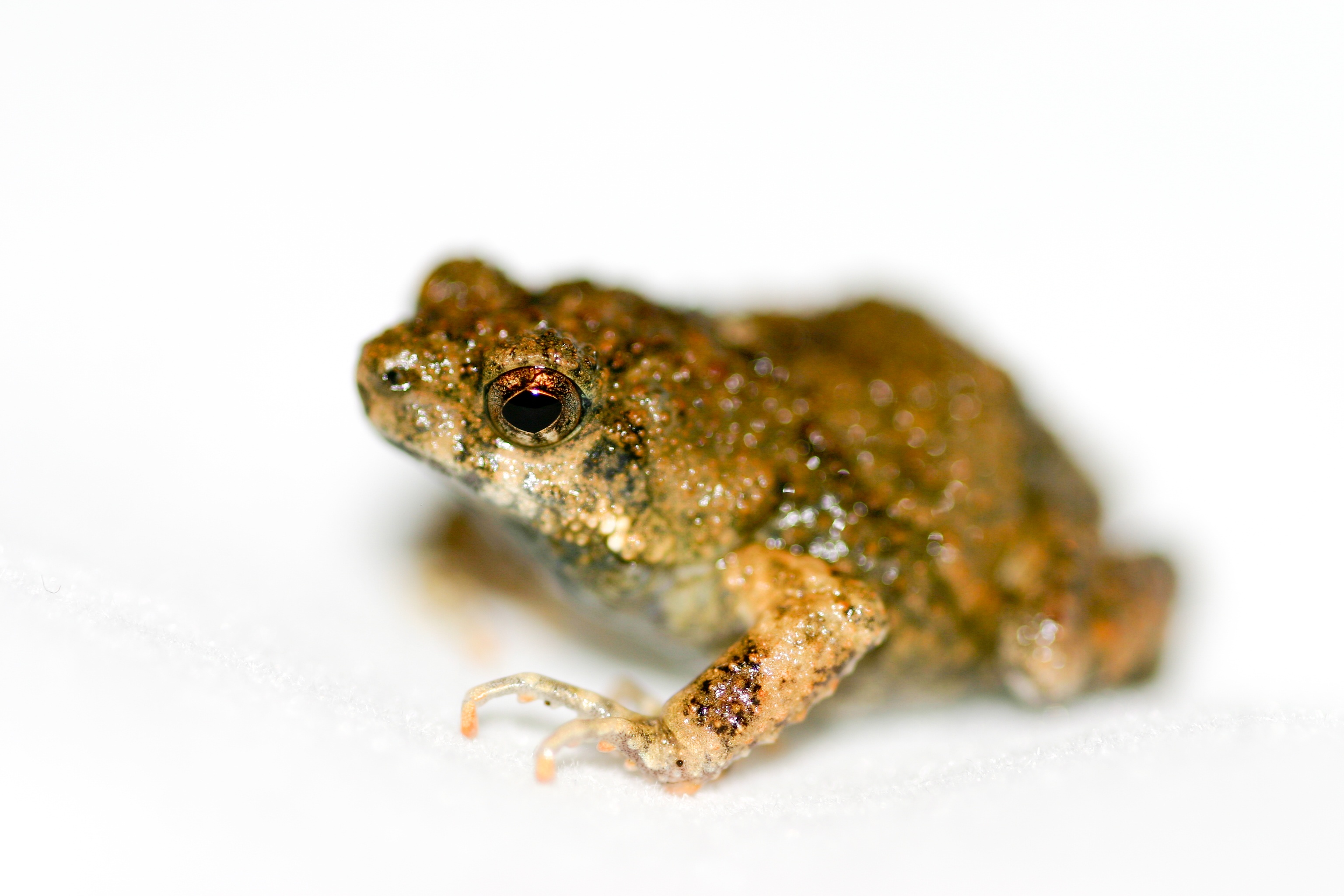A study has found that men in the city are more likely to find love than those in the countryside. Unfortunately for human Casanovas, the study was on the túngara frogs of Central America which showed that urban males’ calls are sexier than their forest counterparts’.
On a steamy night in the wet season, male frogs gather in pools of water to call for females. The sound consists of a long high-pitched call occasionally interspersed with ‘chucks’. Making these chucks is dangerous for the male frogs as they can potentially attract predators, but they are very attractive to the females. Adding more chucks into their call pays off for the urban frogs. The chance of attracting predators is reduced in the city and females are typically less likely to respond to a call, so it needs to be especially alluring.
Urban frogs quickly change their calls to mimic forest frogs when moved to the forest, but forest frogs are unable to adapt their call to city environments. This suggests that only the most adaptable individuals can survive in the city. This is a prime example of how quickly the pressure of urban environments can cause a change in species’ behaviour. Other examples, such as increased boldness of birds and foxes in the city, seem obvious but constitute a major change required for a species to thrive. However, turning to the city is not always best as demonstrated by comparing the lifespan of rural foxes (up to 8 years) to that of urban foxes (18 months). With natural habitats being degraded across the earth, more species are turning to cities for refuge but there is a limit to how much wildlife a city, and its occupants, will tolerate.

